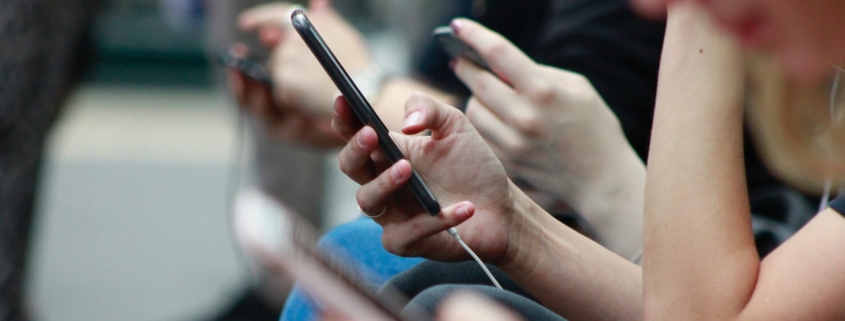Social media permeates nearly every aspect of our waking life – Facebook connects us to our friends, LinkedIn directs us to career contacts, Foursquare locates our favorite eating spots etc. Now, social media is conquering yet another consumer arena – mobile data. Amsterdam-based startup Karma is pioneering “social telecom” to make 4G data more accessible. Its founders envision a mobile broadband connection that’s open to all and lets you pay as you go, no matter what carrier or device you’re using. And, as if that’s not enough, they’re pushing to make this kind of access completely free.
According to an article on The Verge, the idea is that you purchase a Karma hotspot at $69 and then pay an additional $14 for every GB of data used. Your Karma hotspot then turns into an open Wi-Fi network, allowing strangers in the vicinity to log onto your network via Facebook. After being greeted by your personalized profile page, visitors can then access 100mb of free data usage.
Now, you’re probably wondering why someone would shell out the cash to purchase their own hotspot, only to provide strangers with free access. But, here’s the catch – you, as the hotspot owner, get 100 MB credited back to your account for every user who logs on to your network. Essentially, this dual-purpose device and service rewards you for sharing your data. Hey – it’s karma, and what goes around, comes around.
Powered by the Clearwire Network, this 4G data provider aims to be something of a Dropbox, but for mobile data instead of storage. With the widespread emergence of smartphones and tablets, users seem to be yearning for an increasingly accessible, instantaneous data connection just to keep up with the immense maturation we’ve seen in mobile products over the past several years.
So, how does this provider compare to our existing carriers? According to a recent report, the average smartphone user consumes 221 MB of data per month. On Karma, this would translate to roughly $3.09 in data usage per month, a significantly cheaper option when compared to Verizon, who charges $50 for 1 GB of data on its shared plan, and AT&T, whose data plans charge $20 for 300 MB of data, with an additional $50 to convert your device into a mobile hotspot.
Going forward, it will be interesting to see how the nation’s mainstream carriers receive this mobile innovation and how willing other networks with national reach will be to support them. Whilst this could be a security liability for organisations in general and especially in the financial sector, for users this may represent an opportunity.
Would you buy into Karma’s data sharing plan?
This post was first published by Hanah Johnson on March Communications’ blog, PR Nonsense, and may be viewed here.

